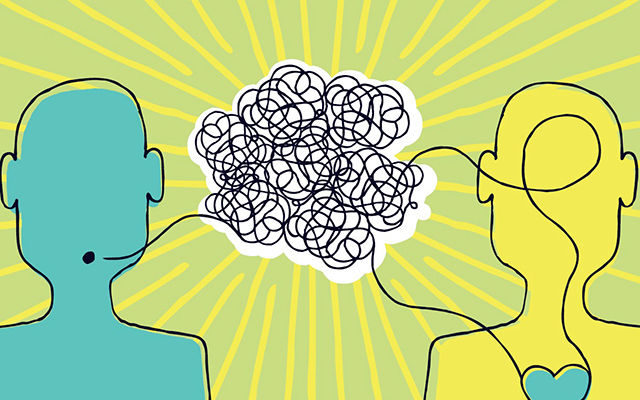-
Learning to Listen
The good news is that listening is an innate skill; the bad news is that listening well is difficult. To listen well, we need to (1) be able to hear the speaker, (2) recognize and check any interference to giving the speaker our unbiased attention, and (3) concentrate. Authentic listening is just that, authentic, and not a set of techniques—people are adept at detecting disingenuous interest. However, as you work to enhance your listening globally and to students specifically, I offer a few tips:
- Recognize if you are tempted to deny or negate the speaker’s experience of an event. For example, it is excruciating to hear about a student’s exclusion by a bully and subsequent eating lunch alone; but, we validate the pain by listening.
- Avoid giving advice. Instead, ask questions to help a student fully explain his/her perceptions of the dilemma and find solutions, rather than provide them.
- Increase your use of silence and paraphrasing. Silence means being internally and externally quiet, as you pay full attention to the speaker—it is one of the greatest gifts we can give anyone. Paraphrasing is putting into your own words what you heard; it conveys that you really want to understand the student’s point of view, allows the speaker to correct misunderstandings and the opportunity to hear a concise summary of what was said, and enhances the student's insight and awareness of what was communicated.
I am developing a practice, the LovePOEM (with love, we Pause, Observe, Empathize, and deliver a Message), to enhance our agency in relationships, utilizing our innate love and fears.
-

City of Bellevue Hear this! Art of Listening workshops
